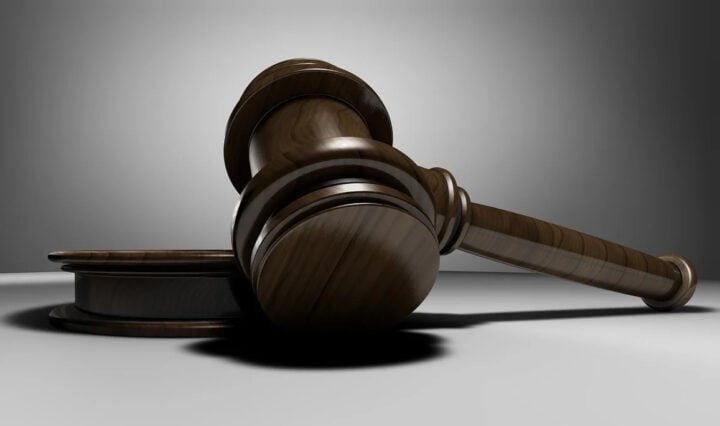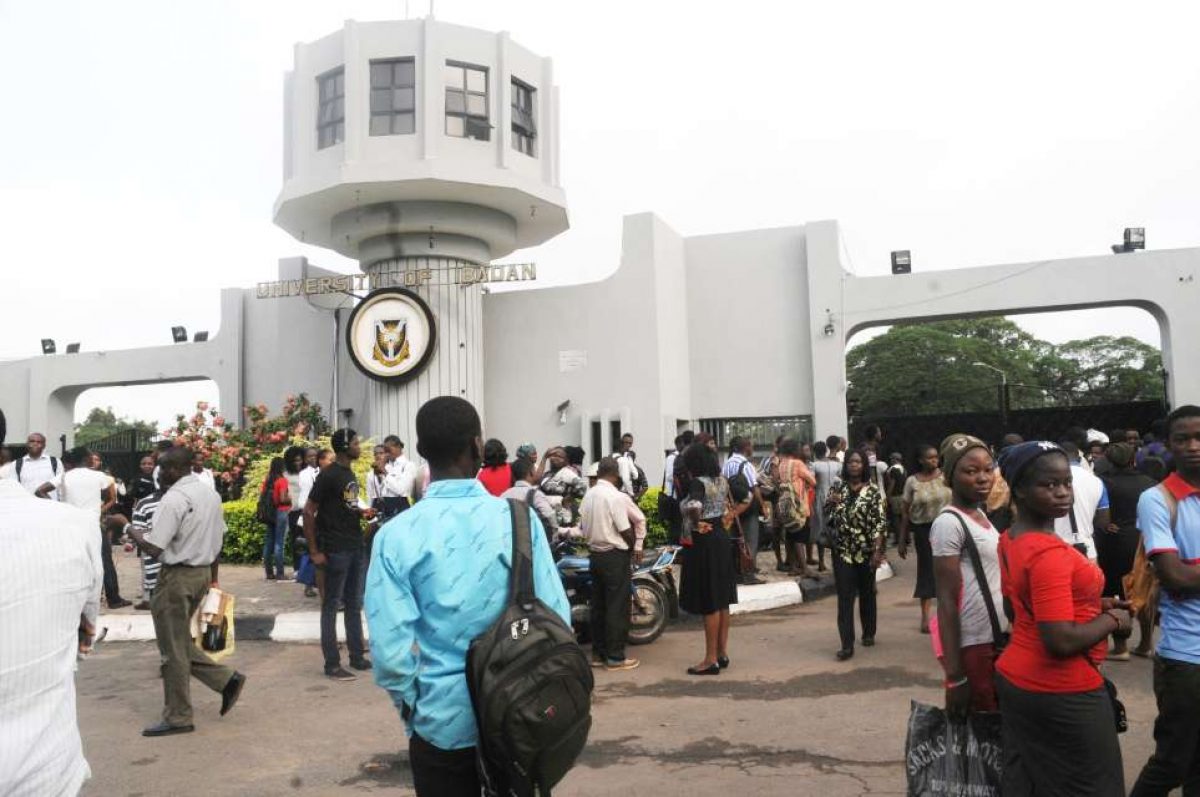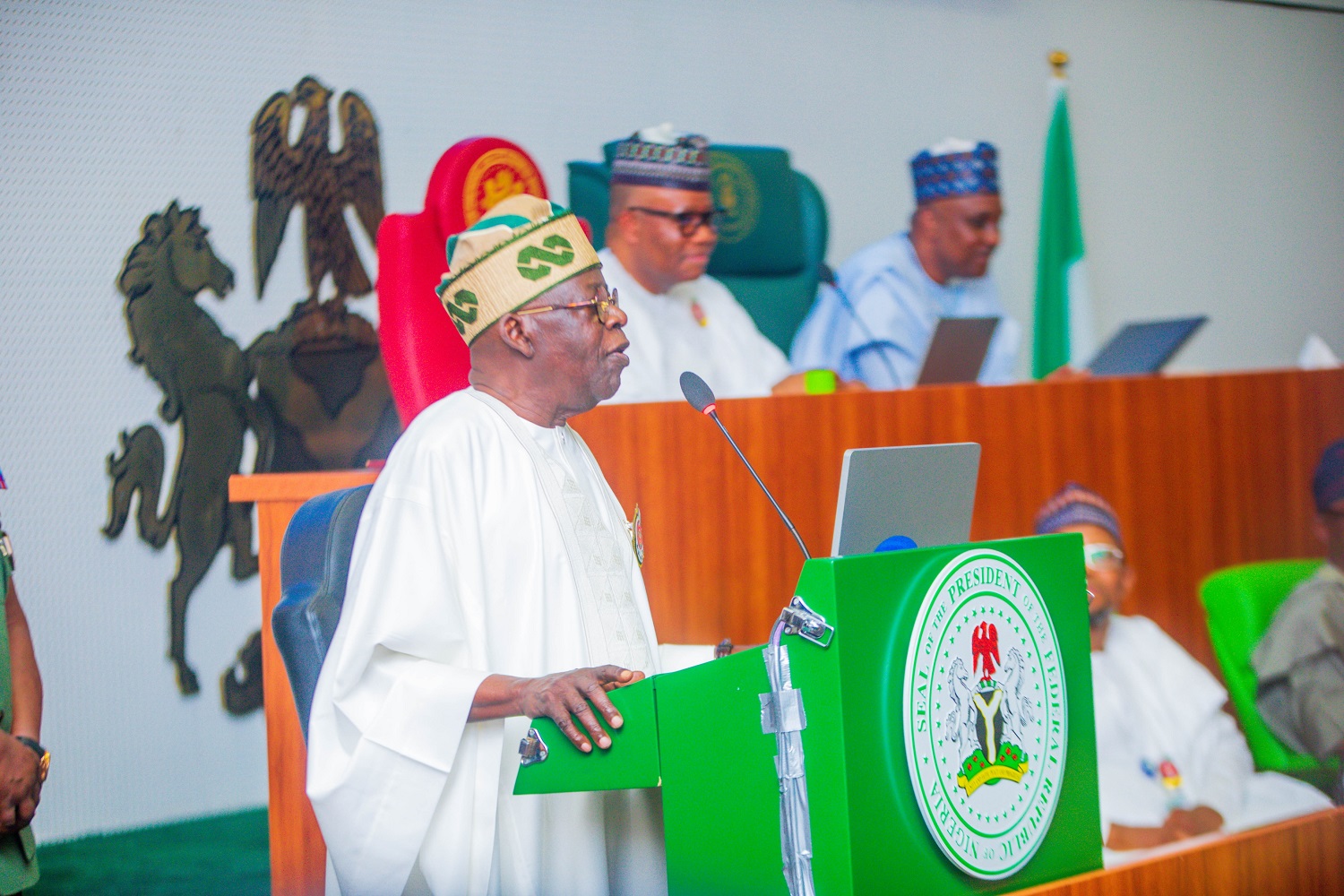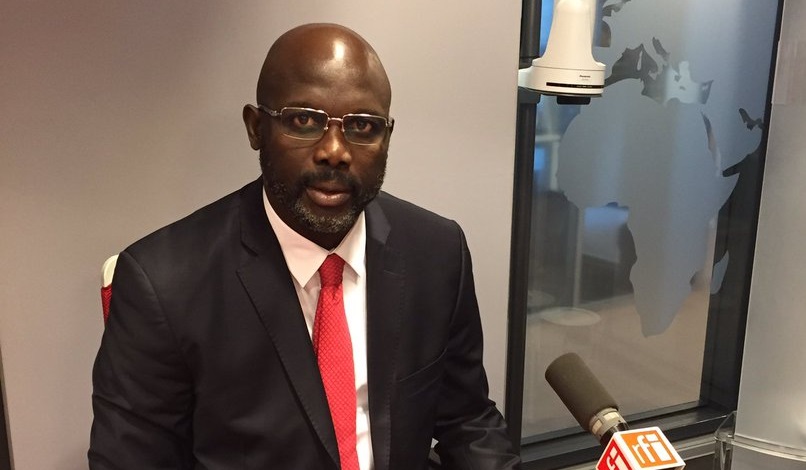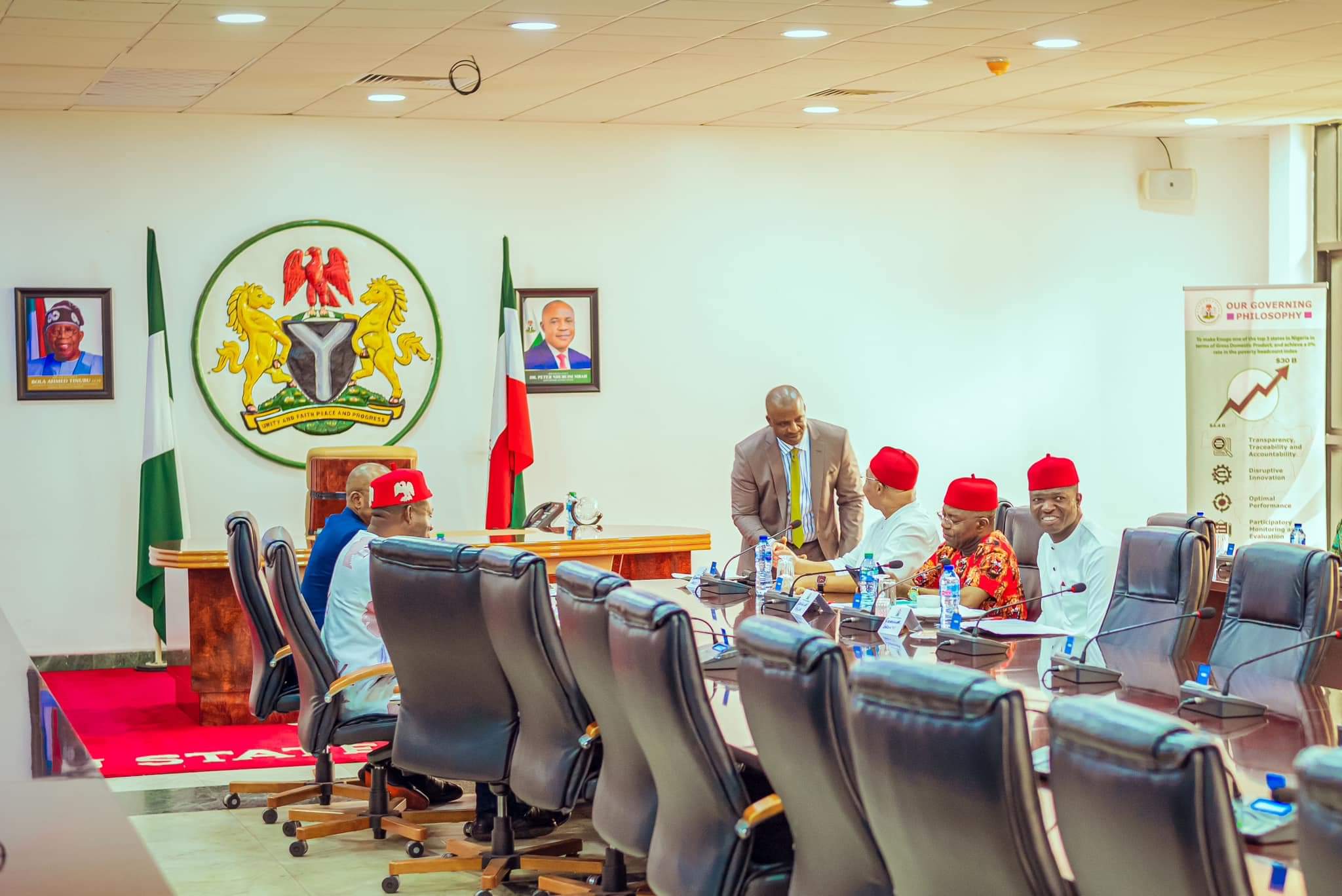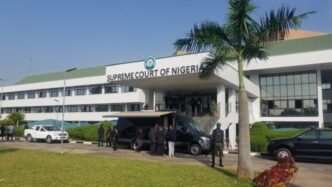The story of the nation’s implementation of the digital switchover (DSO) process appears convoluted and headed towards an uncomplimentary denouement except urgent steps are taken to refocus the exercise.
Yes, urgency should form the soul of the implementation process. DSO is not just only about the benefits of the exercise in terms of quality of broadcasting and digital yields (digital dividends – DD) but more of prestige, of the biggest Black Country in the world being able to complete a simple process, show example in tech leadership and answer the name of a big brother which, unfortunately, is eluding us in several circumstances.
Sanctioned in 2006 by the International Telecommunications Union (ITU), at the 2006 ITU Regional Radiocommunication Conference (RRC-06), DSO, which is the transitioning from analogue to digital broadcasting, was projected to end in June 2015 but extended to 2020, two deadlines which some of the ITU Region 1 countries, including Sub-Saharan Africa could hardly meet.
The countries assented to what is generally known as the Geneva 2006 (GEO6) Agreement, but that was the simplest part of the exercise. Members of the International Radio and Television Union from about 50 countries which met in Yaounde, Cameroon, in September, observed that the exercise has failed in a majority of the countries in the Sub-Region largely because of human, material and financial factors, among others.
Advertisement
The GSMA has done more in-depth work. In a document titled: Digital Switchover in Sub-Saharan Africa – Bringing Low-Band Connectivity within Reach, the association periscopes the implementation stages of the DSO in selected African countries and concludes that more needs to be done for the various countries to free up needed frequencies for mobile operations for the benefit of their people.
GSMA is the umbrella body for mobile operators, equipment manufacturers and vendors, tech developers and a host of other organisations involved in the value chain of mobile services provisioning. One is careful to observe that the primary focus was on how the switchover would benefit the telecommunications industry and by extension the people. Industry preservation is not a crime at all. But that would also mean more money for the government and better services for broadcast and telecoms consumers.
Poster countries for the switchover exercise in Sub-Saharan Africa are: Mauritius, Kenya, Tanzania and Uganda which were among the first to switch. These countries surmounted numerous problems but established clear rules of engagement, funding options and implementation timelines which earned them valuable results.
Advertisement
For good measures, Kenya, after the analogue switch off (ASO) in 2015, had in 2016 and 2017 respectively, successfully reassigned DD1 and DD2 which include frequencies in the 800 MHz and 700MHz bands to mobile operators. The country recouped some generous money, which was a further justification of DSO.
Nigeria is not listed among the countries doing well in the DSO implementation. And we are not. That also means the country is yet to reap the benefits of a successful migration process. And we need the money!
There was a Presidential Committee called the Digiteam set up by President Goodluck Jonathan. The team was to work with the National Broadcasting Commission (NBC) and the Ministry of Information and Culture for early and easy implementation of the DSO. Under the Buhari administration, the minister instituted a Ministerial Committee which became the arrowhead of the project under the ministry. A source at the NBC confessed to this writer that the ministry took over DSO and the NBC.
The DSO launch in April 2016 in Jos, Plateau State, came with a lot of promise, pomp and pageantry that ironically did not sound beyond the city of Jos. Since then the exercise has hobbled from one problem to another; unstable leadership at the NBC, lack of funds, near absence of stakeholder engagement and public information on the exercise, absence of proper implementation plan, strife between the NBC and the parent ministry, and just anything that won’t make such a huge project work. And it has not worked.
Advertisement
Like many other nations in the Sub-Region, Nigeria had the regulator, a white paper, set up committees, licensed new companies – Pinnacle and ITS owned by NTA/Star Times – as super signal carriers for the broadcast industry, also licensed set top box (STB) manufacturers or distributors, and applied sundry funding options – public and private – for the implementation, just like the rest of the world. But the process became unwieldy, boxed in confusion and controversy and grounded to a halt.
There was a switch in a couple of states, including Plateau, Kano, Kwara, Lagos, FCT and a few others, perhaps. But not a step further. Presently, the DSO is looking for new impetus, new funding and new vision for resuscitation.
Mr Charles Ebuebu, the Director General of the NBC may have had a good dose of the DSO challenges already and has promised to do things differently by providing the right leadership. Speaking at Africast in Lagos, Ebuebu declared that the Commission under his watch is committed to the Digital Switchover (DSO) project and will ensure that clear timelines, processes and objectives are set up in order to realise the tremendous opportunities for the economy.
Words, they say, are cheap. It is our responsibility however to encourage Ebuebu to move beyond words and the frustrations in a big office that castrated those before him. But first the gains.
Advertisement
The DSO will enable a more fascinating broadcast experience with clearer TV signals and picture quality, and multichannel TV viewing as about 8MHz of space occupied by one analogue TV channel can accommodate as many as 20 digital TV channels. DSO will further expand the TV space by unleashing infinite opportunities for content creators who will have to work extra hard but gainfully to fill up the multi TV channels that will open up.
But the other big win is that the freed up broadcast spectra, relishingly called digital dividends (DD), will be available for International Mobile Telecommunications (IMT). And the operators love this for obvious reasons. One, the spectrum has the capacity of expansive reach and at good rollout cost and therefore very convenient for service deployment in the rural areas where subscribers will have to pay less. Two, the spectrum assignment means more money for the government who at the same time will have the people provided with needed telecoms services.
Advertisement
It is a win-win situation. Government benefits. The regulators and industries are happy. And the people savour the joy and plurality of quality services in respective sectors.
This is the more reason, Ebuebu should act fast and smartly too. An industry source told this writer that the fact that smaller countries in the Sub-Region could complete their switchover within stipulated times, means that Nigeria can also do it. It is no rocket science after all. He was therefore advised to disband legacy committees which have outlived their call and replace them with a very smart committee that is able to deliver results within a year.
Advertisement
The three primary phases of DSO implementation are as follows: Digital switch – the beginning of digital broadcasting services; Simulcast or Dual Illumination – the coexistence of analogue and digital signals in the broadcast ecosystem; and Analogue Switch-off (ASO) – the final face when analogue signals are switched off.
The foregoing recognises that all the planning and the hardware deployment would have been done. However, DSO has assumed the status of a myth in Nigeria, an apparition designed to scare away the ordinary minds with a table prepared for illicit beneficiaries of a failed project.
Advertisement
Unfortunately, too many people have suffered in the value chain. I will want to appeal to the NBC to have a mind for the set top box manufacturers or suppliers. A couple of them have raised a cry that they are in debt for trying to do a service in their country.
I want to suggest that it is not a shame to engage in peer review mechanisms with some regulators in the Sub-Region that have successfully executed the programme. The only shame is when in a couple of years down the line, we will still be talking about our inability to implement DSO or unable to harvest the digital dividends or enjoy even the rich and multiplicity of quality TV programming arising therefrom.
Views expressed by contributors are strictly personal and not of TheCable.


